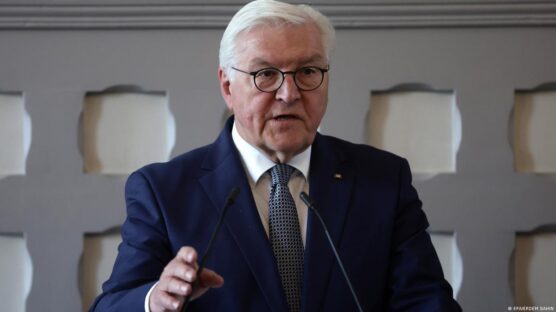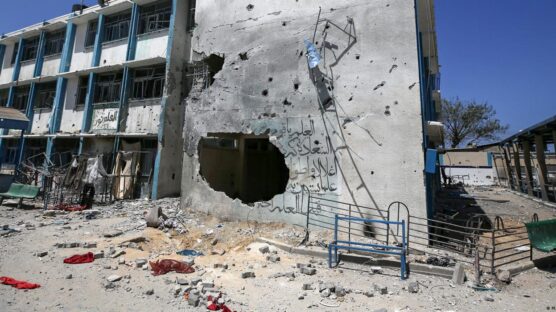Covid-19: An unusual Ramadan
By Guardian Exclusive
10 May 2020 |
7:20 pm
Due to the global coronavirus pandemic, this year’s Ramadan is an unusual one for the Muslim community who are used to gathering together to pray and share meals as a community. Mosques around the world, including the holy sites in Mecca and Medina, have also been closed. These are a few of the reasons why this year's Ramadan is looking very different for adherents Islam around the world.
In this article
Related
Related
18 Apr
Find these stories and much more when you grab a copy of The Guardian on Friday.
4 days ago
Find these stories and much more when you grab a copy of The Guardian on Saturday.
3 days ago
Tunde Onakoya, a chess mastermind and founder of Chess in Slums Africa, has completed an incredible feat! He embarked on a journey to break the Guinness World Record for the longest chess marathon without a loss, aiming to surpass the existing mark of 56 hours and 9 minutes. And in the early hours of today, Saturday, April 20th, Tunde emerged victorious!
3 days ago
Tunde Onakoya, a chess mastermind and founder of Chess in Slums Africa, has just wrapped up a truly inspiring challenge! He attempted to break the Guinness World Record for the longest chess marathon without a loss, aiming to surpass the existing mark of 56 hours and 9 minutes. As at 04:30 am Saturday 20th morning,…
8 hours ago
Guardian Woman Festival: Woman Revolution - Transforming Economic Sector
1 hour ago
The heat of the Premier League title race is on and big games are coming this midweek. Arsenal at the Emirates will take on Chelsea, Everton will entertain Liverpool, and Manchester City will be up against Brighton. Ayomide Sotunbo and Hogan Niyi preview the games in this week's edition of The Nutmeg.
Latest
2 hours ago
Turkey's president Recep Tayyp Erdogan was in Iraq this Monday - his first official visit in years, where he signed a raft of deals to try and reset rocky relations. High on the agenda was the water issue, stemming from Turkey's construction of dams on the Tigris and Euphrates rivers that reduced the supply downstream to Iraq.
2 hours ago
A book by Frank-Walter Steinmeier titled 'We' searches for diversity in the face of division, though it's a difficult balancing act for the head of state.
3 hours ago
North Korean state media has claimed Pyongyang tested a "nuclear trigger" simulation drill as a "warning signal" to the US and South Korea.
3 hours ago
A review of the UN agency's neutrality was prompted by Israeli accusations that aid workers in Gaza were "terrorists." An independent panel says Israel provided no evidence to back the claim.
4 hours ago
Unrelated images are going viral on social media, claiming to show last Friday's retaliatory strike by Israel on Iran. In this edition of Truth or Fake, we tell you what we know about this footage, based on verified images.
4 hours ago
At least five people are reported to have died in an attempt to cross the English Channel. Only hours earlier, the UK Parliament voted to deport some of those who enter Britain illegally as a deterrent to migrants.
×

Get the latest news delivered straight to your inbox every day of the week. Stay informed with the Guardian’s leading coverage of Nigerian and world news, business, technology and sports.


















0 Comments
We will review and take appropriate action.